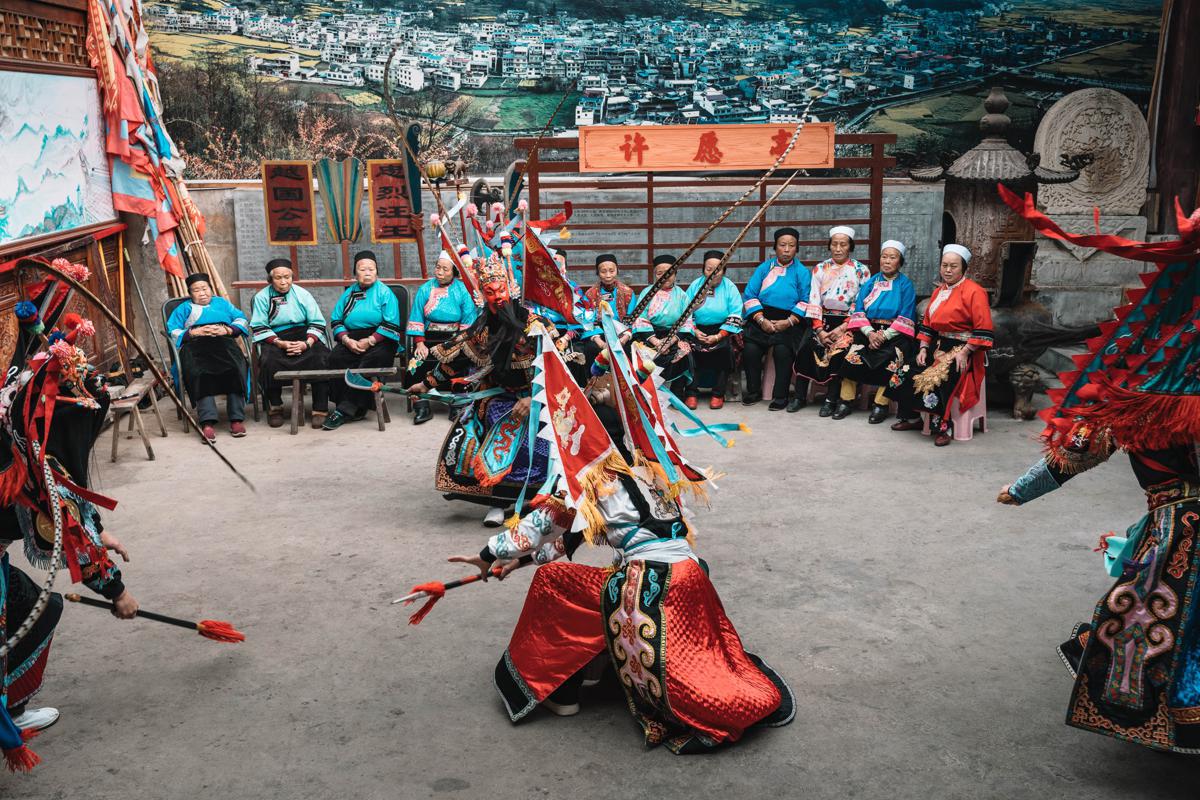Scholars call for ecological protection of Tunbu culture


Scholars are calling for the protection of the ecological foundations of Guizhou's Tunbu culture, as the province promotes the culture as a new tourism attraction.
Those concerns were voiced at the 2025 Tunbu Cultural Conference on Sunday. Peking University professor Qian Liqun said that any development of Tunbu culture, which originated from military immigrants centuries ago, as a tourism resource must benefit local communities. "It must not be reduced to a purely profit-driven performance," he warned.
According to Qian, the Tunbu culture was created by local people who must continue to be at the center of attention and services. He warned against turning the culture into an industry where outside investors and operators monopolize the profits or reduce it to promotional material disconnected from residents.
Tunbu took shape when soldiers and their families from China's Central Plains were sent to guard and farm in Guizhou during the Ming Dynasty (1368–1644). The culture blends Han traditions with local ethnic customs and remains distinct in its clothing, fortress-style settlements, and dialect.
Scholars describe Tunbu as a living record of exchange between Han settlers and ethnic groups in Southwest China.
"Loyalty, bravery, harmony, and integration" lie at the heart of Tunbu culture, and, according to Ming history expert Mao Peiqi, the culture is a microcosm of ethnic unity and stable development.
In 2023, Tunbu culture was designated as one of Guizhou's four major cultural projects, covering archaeological research, heritage protection, and cultural-tourism integration. "We are firmly committed to the principle of protection first, rational use, and minimal intervention," said Xie Nian, the deputy head of the provincial publicity department.
























